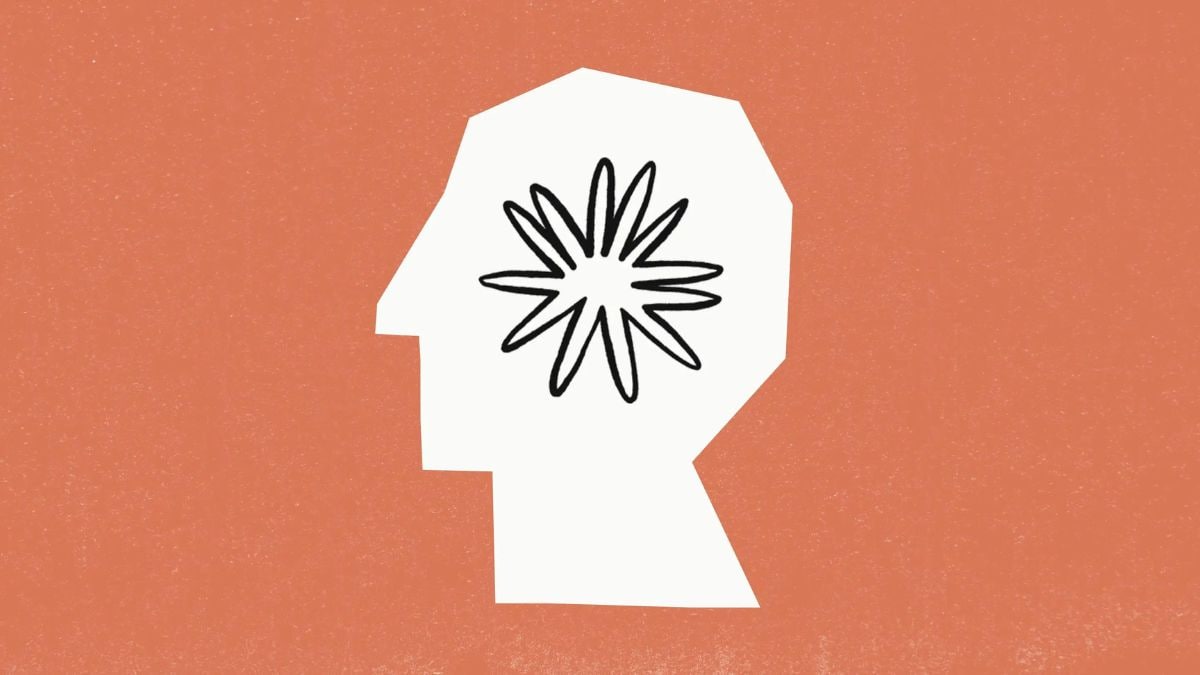A federal judge in San Francisco on Monday ruled late on Monday that the use of anthropic books without permission to train its artificial intelligence system was legal under the US Copyright Act.
Side with technical companies on an important question for Aye Industry, US District Judge William Alsup said anthropic The “proper use” of books was created by Writers Andrea Bartz, Charles Grabber and Kirkis Walense Johnson to train his cloud large language model.
However, Alsup also stated that the imitation and storage of anthropic of more than seven million pirated books in the “Central Library” violated the copyright of the authors and did not use properly. The judge ordered a test to determine in December how much anthropic outstanding for violations.
The US Copyright law says that willful copyright violations may make the statutory loss of up to $ 150,000 (about Rs 1.28 crore) per work.
An anthropic spokesperson said the company was happy that the court recognized that its AI training was “transformative” and “in line with copyright in enabling and promoting scientific progress.”
The authors filed the proposed class action against Anthropic last year, arguing that the company, which is supported by the company, Heroic And AlphabetUsed pirated versions of their books without permission or compensation to teach Cloud To respond to human signals.
The proposed class action is one of many cases against companies by writers, news outlets and other copyright owners against companies. Openi, MicrosoftAnd Meta platform On their AI training.
The principle of fair use allows the use of copyright functions without the permission of the copyright owner under certain circumstances.
Fair use is a major legal defense for technical companies, and Alsup’s decision is the first to address it in the context of generative AI.
AI companies argue that their systems use copyright materials appropriately to create new, transformative materials, and that copyright holders can be forced to pay for their work, promoting the AI industry.
Anthropic told the court that it made proper use of books and the US copyright law “not only allows, but encourages its AI training as it promotes human creativity. The company said that its system has” to study books, to study the plane, and use the revolutionary technology to use it.
Copyright owners say that AI companies are copying their work to generate illegally generated competitive materials that endanger their livelihood.
Alsup agreed with Anthropic on Monday that its training was “highly transformative”.
“There is a desire to be a writer like any reader, the LLMS of Anthropic has trained that he does not run ahead and repeats them or replicates or presses them – but to turn on a hard corner and make something different,” Alsup said.
However, Alsup also stated that Anthropic violated the rights of authors by saving the pirated copies of their books as part of the “Central Library of all books in the world”, which would not necessarily be used for AI training.
Anthropic and other major AI companies, including openi and meta platforms, have been accused of downloading pirated digital copies of millions of books to train their system.
Anthropic asked Alsup to file to a court that the source of his books was irrelevant to fair use.
Alsup said on Monday, “This order suspects that any accused informer can ever fulfill his burden of explaining why sources can download copies from pirate sites, which could be purchased or otherwise accessible.”
© Thomson Reuters 2025
(This story is not edited by NDTV employees and auto-generated from a syndicated feed.)
